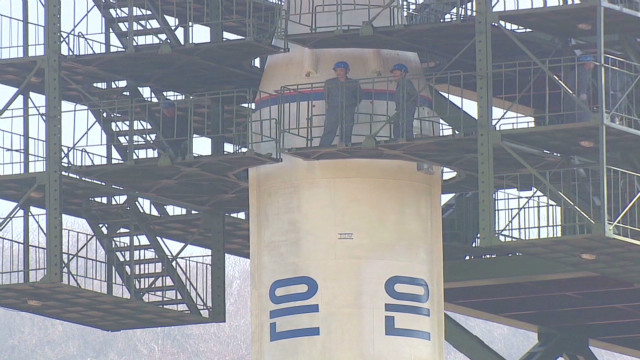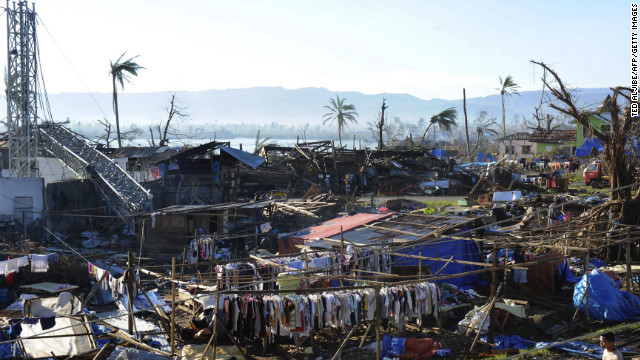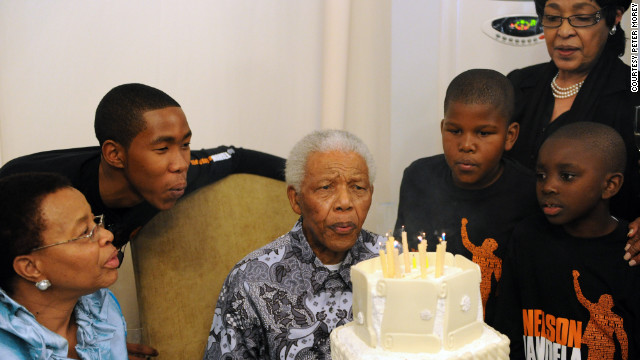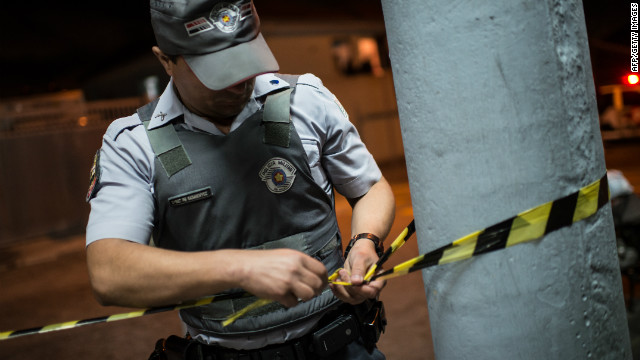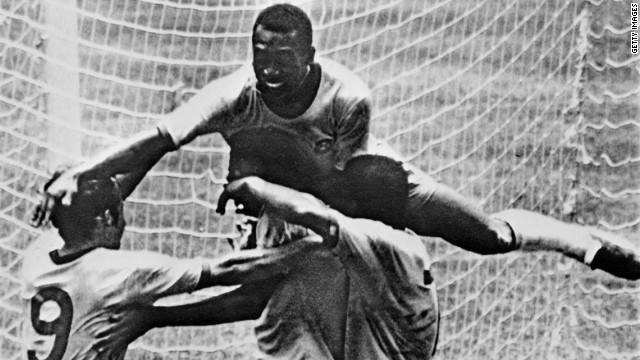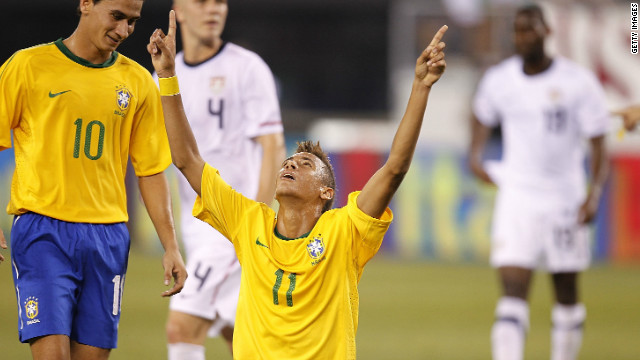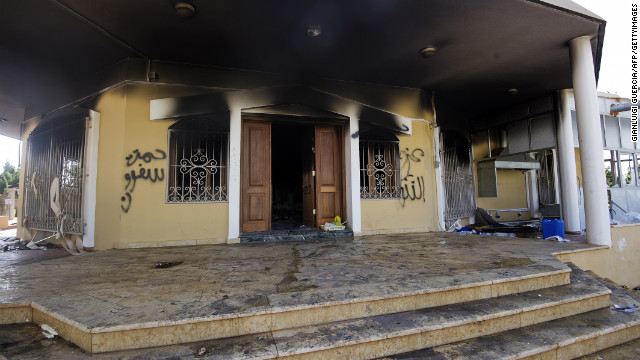
Chelsea have arrived in Japan to a warm welcome from a loyal band of supporters hoping that a strong showing at FIFA Club World Cup Japan 2012 will generate a wave of “blue fever” and widen the club’s fan base here in the Far East.
While the English Premier League enjoys great popularity in Japan, much of the media coverage focuses on Manchester United, who signed striker Shinji Kagawa this season, and Southampton, home to defender Maya Yoshida, who guided the Japanese Olympic team to the semi-finals in London.
Teruhito Komatsu, 24, has his fingers crossed that Chelsea’s debut at the global club event will help the European champions grab more of the media spotlight. A member of the Chelsea Supporters Club of Japan, Komatsu’s passion for football—and the Stamford Bridge club—was sparked by former Blues legend Gianfranco Zola. During the 2002-3 season, Komatsu was not even a football fan. That all changed when he saw Zola on TV.
I hope Chelsea will win a title that will go down in their history.
Japanese Chelsea fan Komatsu
The Italian attacking midfielder’s silky skills astonished Komatsu and piqued his interest in football. Komatsu studied the game so extensively that when he was a university student he won a football quiz programme on TV. His prize was a ticket to the 2008 UEFA Champions League final in Moscow, which Chelsea lost to Manchester United.
“It was all thanks to Zola,” Komatsu, who is now one of the Chelsea Pitch Owners that jointly share control of the Stamford Bridge pitch, told FIFA.com.
This year, Komatsu was in Munich—this time at his own expense—to watch Chelsea win their maiden Champions League crown when they edged Bayern Munich in a penalty shoot-out. Komatsu was offered a football media job after graduating from university, but instead has set his heart on saving up to live in England. “I really want to watch football over there,” he said.
Before that, he will see the Blues in action when they take on Mexico’s CF Monterrey in a mouth-watering match-up in Yokohama on Thursday. According to Komatsu, lifting this trophy would go a long way to making Chelsea a household name in Japan.
“I hope Chelsea will win a title that will go down in their history,” he said. “Compared with the Manchester United fan club in Japan, we are vastly outnumbered. When Luiz Felipe Scolari became the coach, the English media raved about ‘super Chelsea,’ but in Japan they were seen as ‘nothing special.’ This tournament is a fantastic chance for Chelsea to make up some ground in this respect.”
More respect in Asia
His sentiment is shared by Ryota Matsumoto, a 23-year-old living in Tokyo who works in football media and has been a Chelsea supporter for about ten years. He is a member of the Chelsea Supporters Club of Tokyo, which has about 100 members and organises game-watching events and futsal five-a-side tournaments against other supporters clubs in Japan.
“My fondest memory was when Chelsea TV did on a story on the Tokyo supporters club while we were watching a game. We even got some space in the club’s official magazine. I’ll watch them play in Yokohama, although it’s a shame John Terry won’t be there,” Matsumoto said of the Chelsea captain who was ruled out of the tournament with a knee injury.
Matsumoto, who said the first replica Chelsea shirt he bought was that of Argentinian midfielder Juan Sebastian Veron, is hopeful the London club’s visit will not be their last.
“Chelsea is still considered somewhat of a minor club here. The sports news here always leads with Barcelona or Manchester United, because Kagawa plays for them. But thanks to this tournament, Chelsea is getting more coverage,” Matsumoto said. “I hope more Japanese will get behind the team. Chelsea have played in South Korea and other Asian nations during pre-season tours, but they’ve never come to play here. If Japanese people make the team feel really welcome, I hope that’ll lead to a tour here.”
About 200 Chelsea supporters from around the world are expected to attend a party in Tokyo on Saturday, the day before the club showpiece final and third-place play-off. Like other Chelsea fans, they are counting on Fernando Torres, Frank Lampard, Peter Cech and their team-mates to put on a performance that will give “blue fever” a boost.



 Toyota: Sanfrecce Hiroshima failed to advance to the semi-finals of
the 2012 FIFA Club World Cup after going down 2-1 to African champions
Al Ahly at the Toyota Stadium on Sunday.
Toyota: Sanfrecce Hiroshima failed to advance to the semi-finals of
the 2012 FIFA Club World Cup after going down 2-1 to African champions
Al Ahly at the Toyota Stadium on Sunday.
 Kuala Lumpur: AFC Acting President Zhang Jilong and UEFA President
Michel Platini on Tuesday put pen to paper on a Memorandum of
Understanding (MoU) which will promote cooperation and friendly
relations between the two confederations.
Kuala Lumpur: AFC Acting President Zhang Jilong and UEFA President
Michel Platini on Tuesday put pen to paper on a Memorandum of
Understanding (MoU) which will promote cooperation and friendly
relations between the two confederations.
 Kuala Lumpur: The AFC has a long-standing tradition of cooperation
with fellow confederation but the historic Memorandum of Understanding
(MoU) signed between the Asian game's governing body and its European
counterpart UEFA could mark the symbolic beginning of a new era in
relations between the two confederations.
Kuala Lumpur: The AFC has a long-standing tradition of cooperation
with fellow confederation but the historic Memorandum of Understanding
(MoU) signed between the Asian game's governing body and its European
counterpart UEFA could mark the symbolic beginning of a new era in
relations between the two confederations.



